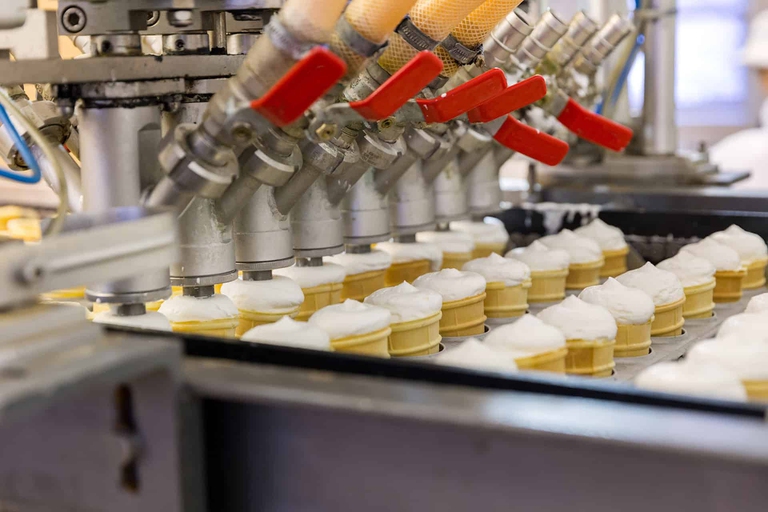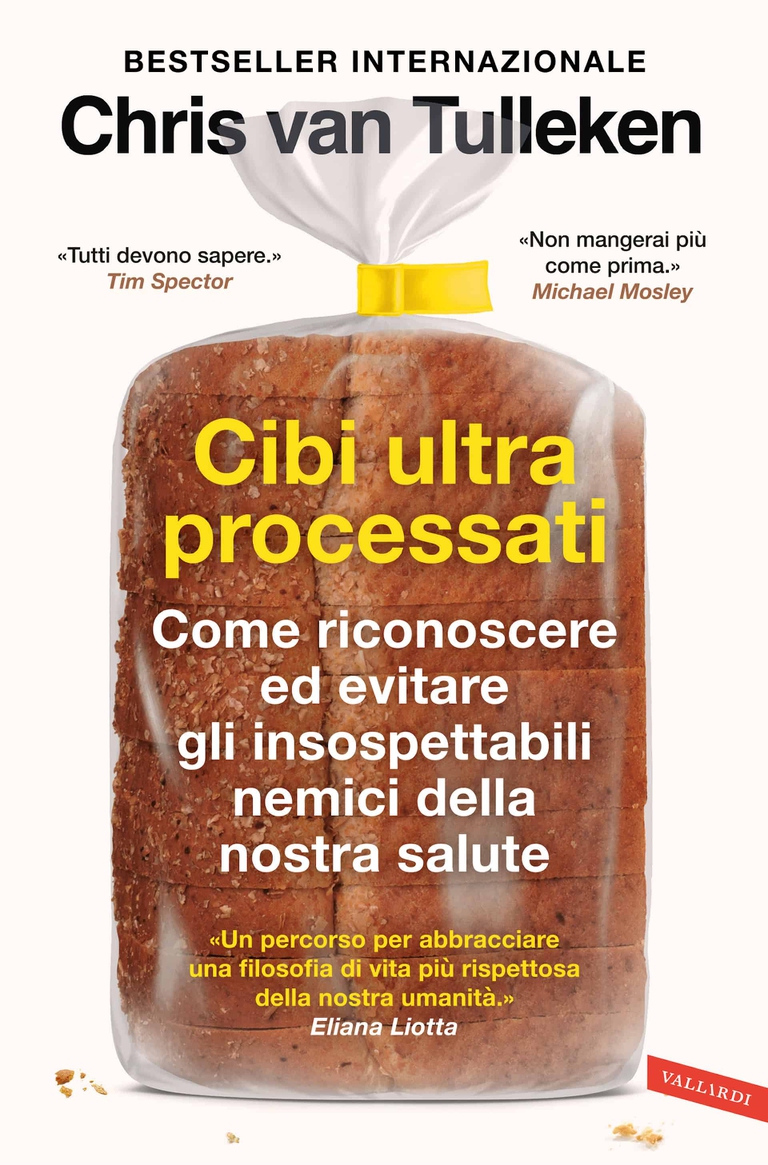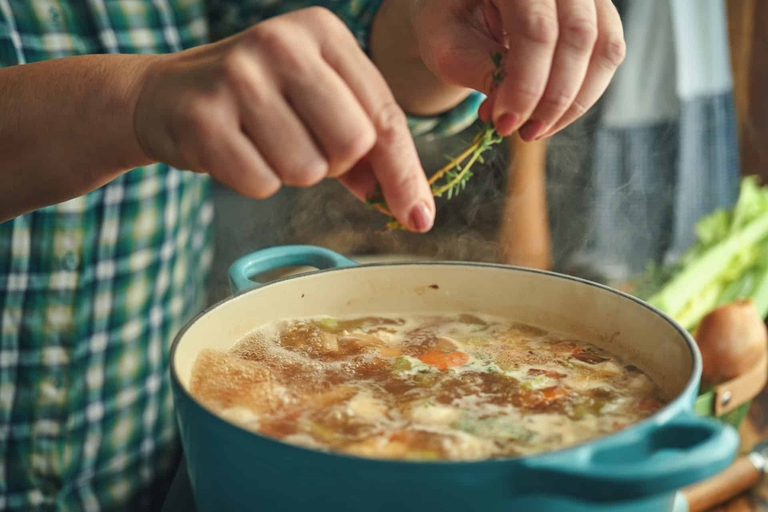https://www.lifegate.it/libro-cibi-ultraprocessati-van-tulleken
- |
- Ultra-processed foods are industrially processed food products that have become widespread in the diet since the 1950s.
- They are foods designed to be cheap, shelf-stable for a long time and to create addiction by driving excessive consumption.
- Chirs van Tulleken's book illustrates the mechanisms of the industrial food system, which is harmful to human health and the planet.
In contemporary nutrition, most of the calories that you ingest come from ultra-processed foods, that is, processed at an industrial level sreplacing traditional ingredients with cheaper alternatives and additives – stabilizers, emulsifiers, gums, lecithin, glucose, different types of oils – which prolong its shelf life shelf life, facilitate centralized distribution and they are addictive in those who consume them.

Poor quality foods causing Health problems such as obesity, heart disease, metabolic syndrome, tumors, depression.But what exactly is in ultra-processed foods, how can we recognize them, what are the effects on the body and, above all, what should we eat? Chris van Tulleken English doctor and scientist, as well as award-winning BBC journalist, addresses the topic extensively in the book “Ultra-processed foods” (Vallardi) in which, reporting episodes of personal life and dialogues with expert colleagues, he explains why our bodies are evolutionarily incapable of sustaining ultra-processed food and how you can avoid them traps of the food industry.
Ultra-processed foods, how to recognize them and why they are bad for you:van Tulleken's book
There is one broad definition of ultra-processed food, developed for the first time in 2010 by a team of Brazilian scientists with the Nova classification, but according to Tulleken it can be reduced to the following:“If it's wrapped in plastic and contains at least one ingredient that you wouldn't usually find in a typical kitchen, it's an ultra-processed food.”
“We started eating substances made up of new molecules, using processes never encountered before in our evolutionary history;substances that couldn't even be called "food" - the author writes in the introduction -.These substances first entered our diet gradually, starting from the end of the 19th century, but the process particularly intensified from the 1950s onwards, constituting a significant part of the diet of almost all societies on Earth."

Ice creams that don't melt, sandwich bread that doesn't tire the jaw, french fries which create addiction and then soups, lasagas, gravies and ready-made sauces.This is the new industrial food production system “in which we are the prey, the source of the money that feeds the system”.Ultra-processed food is the bait and has evolved according to the rules of the market subverting the systems of the body which regulate weight and many other functions.The paradox that has been created is that the things that are eaten the least are the healthiest and those that are consumed the most are the most harmful to health.
The book reports the numerous studies that associate the consumption of ultra-processed food with an increased risk of mortality from all causes, cardiovascular diseases (strokes and heart attacks), tumors, type 2 diabetes, fatty liver, inflammatory bowel disease, depression, excess fat in the blood, irritable bowel syndrome, dementia.
Ultra-processed foods are also harmful to the planet
And the damage caused by ultra-processed food does not only affect the human organism, but also the health of the Planet:“The food system necessary for the production of these foods, and of which they constitute the necessary product, is the main cause of the decline of biodiversity and the second responsible for the emissions linked to the phenomenon of global warming – we read in the book -.Our current food system, driven by the growing demand for ultra-processed foods, is destroying ecological capital much faster than it can regenerate itself."
Van Tulleken explains that the impact of the current food system is not sustainable for the future:“The environmental cost is so high that, even if we eliminated all fossil fuel emissions, emissions from the global food system alone would cause us to well exceed the feared threshold of 1.5°C by 2100.And, even if the environmental impact deriving from current agricultural systems and the processing of the food necessary to feed 8 billion people continues to exist, ultra-processed foods will only aggravate a situation that is already compromised in itself, both in terms of emissions of carbon than to the destruction of the environment”.

L'abstention from ultra-processed foods it is the final solution for the author with the awareness that it will take to eat and nourish us more time and more will have to be spent, but who will gain in quality of life.And this applies to food, but also to other products designed to encourage excessive consumption, from clothes to social media.
